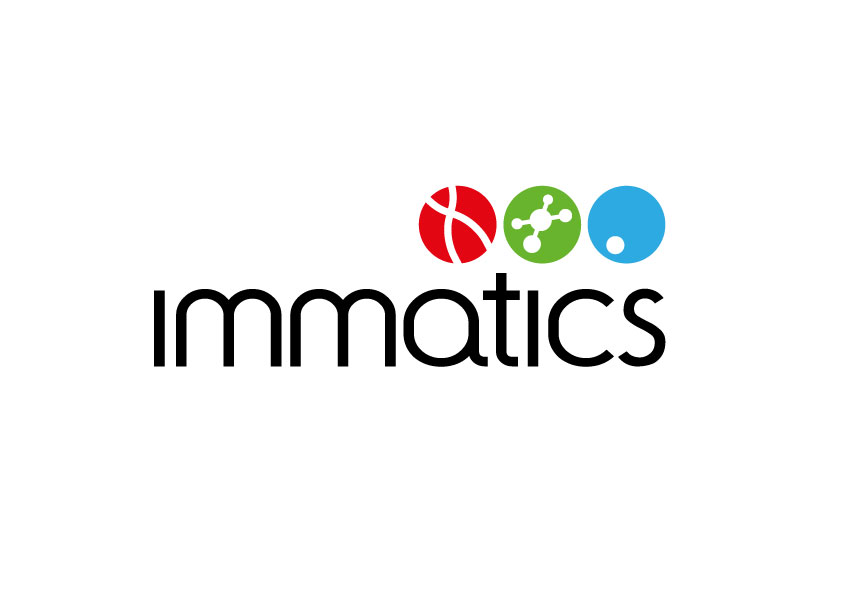Amgen, Immatics strike $1bn cancer R&D deal

Amgen and German biotech company Immatics have struck a deal potentially worth more than $1 billion, focused on a new generation of bispecific antibody cancer therapies.
Amgen was one of the first companies to have got a bispecific antibody approved by a regulator – its Blincyto (blinatumomab) targets a rare kind of leukaemia and was approved in the US and Europe in 2014 and 2015, respectively.
Bispecific antibodies are artificial proteins composed of two fragments of two different monoclonal antibodies – allowing them to bind to two different types of antigen.
The bispecific antibodies bind to malignant cells, and to T-cells, which can then attack the cancer.
Cancers are able to grow because they have found ways to hide from the body’s immune defences – and many of the latest oncology drugs work by switching these defences back on.
The collaboration will combine Immatics’ XPRESIDENT target discovery and T-cell receptor (TCR) capabilities with Amgen’s Bispecific T-cell Engager (BiTE) technology with the aim of creating novel oncology drugs. Amgen will be responsible for the clinical development, manufacturing and marketing worldwide.
Immatics will receive $30 million up front and is eligible to receive over $500 million in development, regulatory and commercial milestone payments for each drug and tiered royalties up to a double-digit percentage of net sales.
Based in Tübingen, Germany, and Houston, Texas, Immatics specialises in developing immunotherapies aimed at a range of cancers.
Its unique selling point has been to create therapies that are not limited to targeting surface antigens – the targets of classical antibodies or CAR-T therapies.
Sean Harper, executive vice president of R&D at Amgen, said: “The intersection of immunology and oncology represents a promising and rapidly developing approach that can have a significant impact for patients with cancer.”
“We look forward to collaborating with Immatics to translate their unique target and TCR discovery capabilities combined with Amgen’s validated BiTE technology into novel therapies.”













